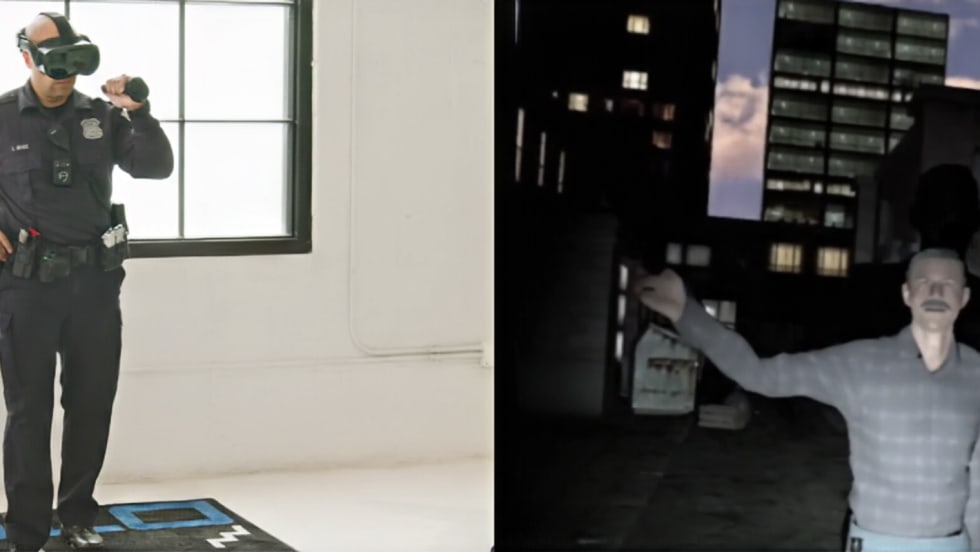Criminology vs. Criminal Justice
Criminology and Criminal Justice are two commonly confused yet distinctly different degree and career fields. Both areas are ideally suited for those with backgrounds or interests in law enforcement, criminal behavior, forensic sciences, counseling, social work, sociology or psychology, to name a few.
Criminology & Criminal Justice: An Overview
Criminology is the study of criminal behaviors, ethics, leadership, and crime causes. Criminology is an increasingly popular interdisciplinary field that incorporates aspects of sociology, psychology, and biology as well as other disciplines such as law and anthropology. Criminology has a long, formative history stemming from the late eighteenth century. At the time when an almost purely legal stance was taken to approach the subject with leading theorists arguing the hedonistic or ‘pleasure vs. plain' axiom, "let the punishment fit the crime." The notion that people would behave to avoid the penalty of pain later gave way to biological and medical theory, at which point case studies became incorporated into the field.
Progressively, both philosophical and sociological schools of thought were applied to criminology. What ultimately emerged was a unique field that differentiates itself from the otherwise relevant and influential field of sociology and psychology. The American Society of Criminology was formed and still exists to advance the field of criminology.
Modern criminologists study criminality --which is the rate in which a type of crime occurs among a particular group -- and crime rates, which is how often a particular crime occurs. Additionally, criminologists' studies include working with individuals, reviewing case studies, and conducting interviews. Professionally, criminologists might engage in various forms of counseling, psychology or social work, helping criminals become functioning members of society.
Criminal Justice is the study of all aspects in the justice system on a national and international scale. This includes the study of police, court and prison systems – the 3 Cs of cops, courts and corrections. Criminal Justice studies involve psychology, statistics, business and sociology. Historically, the field of criminal justice is rooted from Biblical times referring to Adam and Eve's original sin as the first known incident of crime and punishment. Subsequent eras of influence to this field included the New Covenant, Greco-Roman times and the Colonial period, to name a few. Former criminal justice concepts, such as that a crime consisted of only a guilty deed, have been exchanged in modern theory for the idea that an act is a choice and the state of mind is subject to question.











